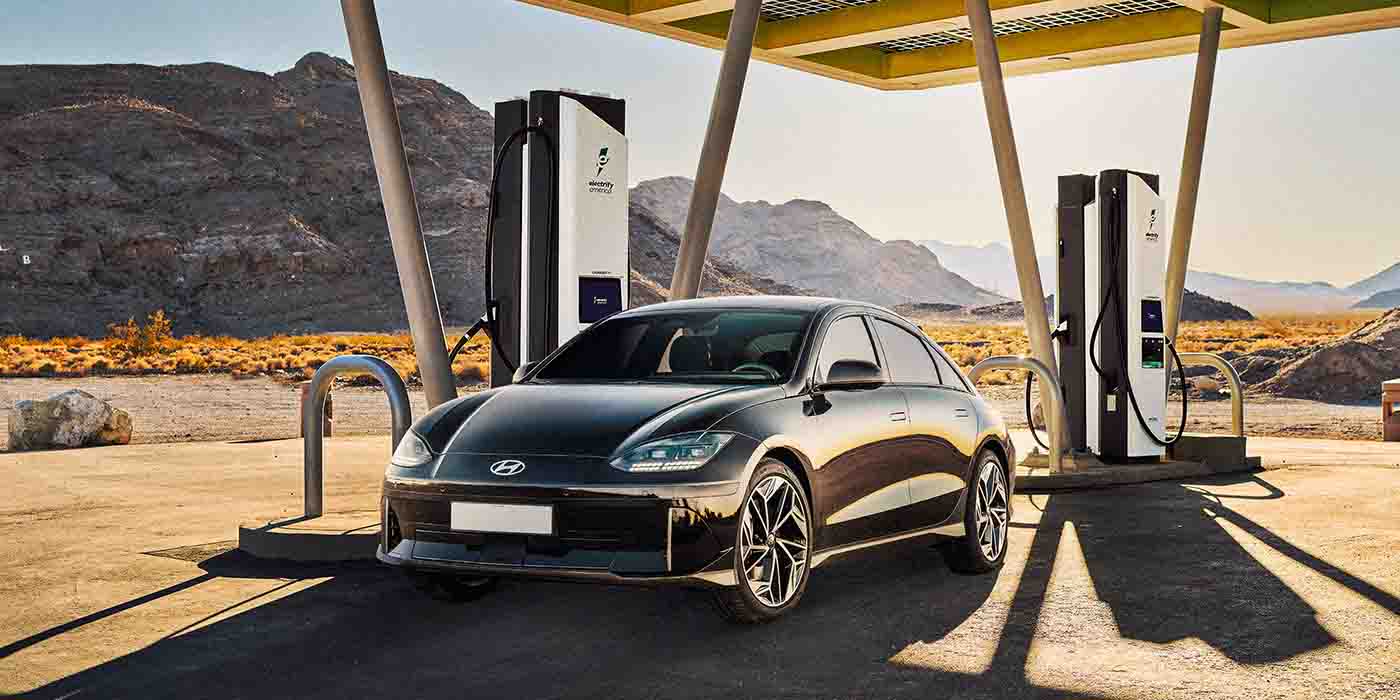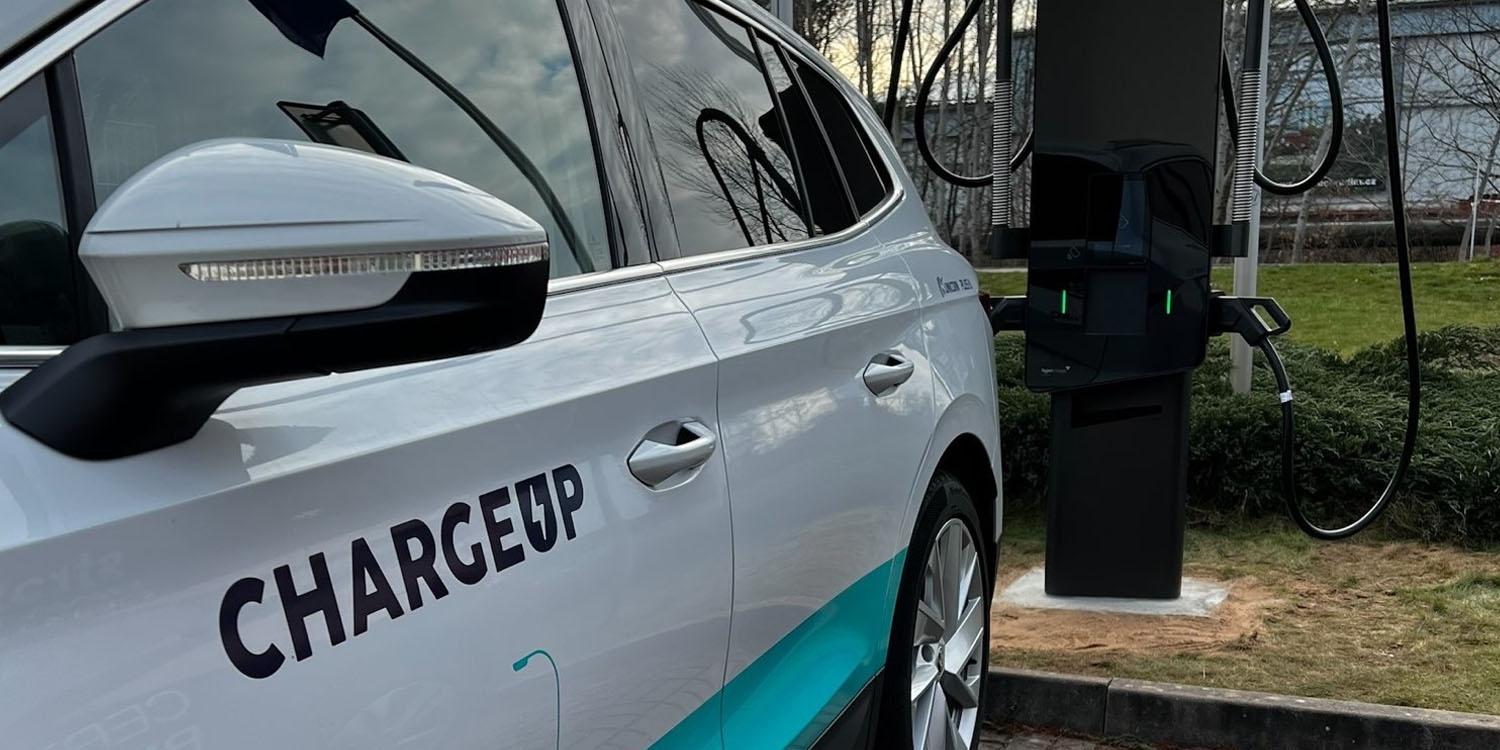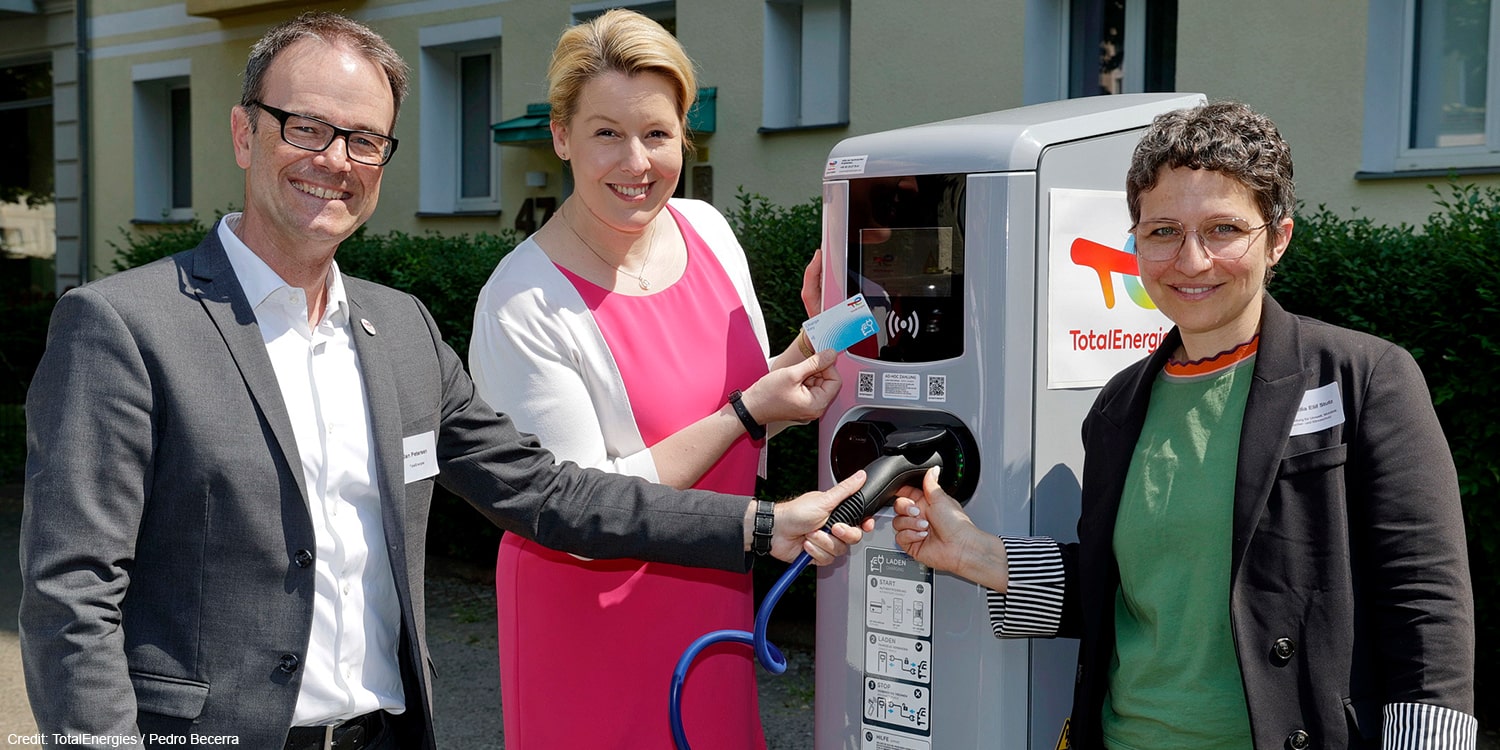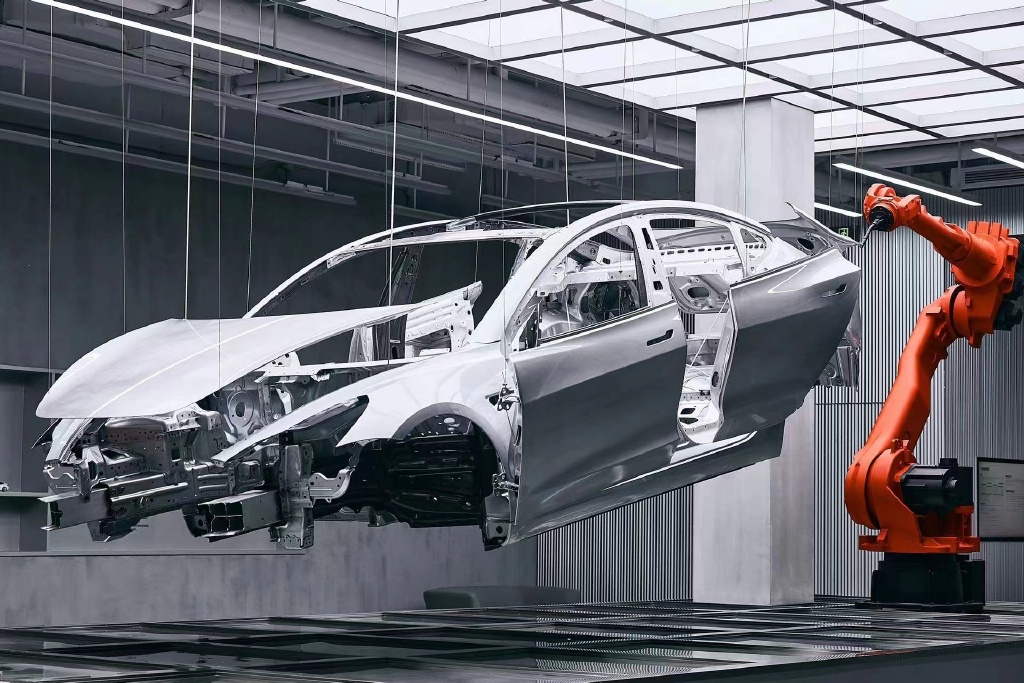A recent study conducted by Carnegie Mellon and Yale University, published in the Proceedings of the National Academy of Sciences, has projected that battery electric vehicles (BEVs) are likely to make up the majority, or at least a near-majority, of passenger cars by the year 2030.
According to the study, this shift in consumer preference towards BEVs can be attributed to several factors, including the significant decrease in battery costs. The findings reveal that the cost of batteries has plummeted by a factor of ten between 2010 and 2021. Furthermore, the study indicates that the average driving range of BEVs has improved by 200 percent, while energy efficiency has seen a growth of 15 percent. The increased availability of BEV options has also played a significant role in changing customer preferences.
The researchers conducted a market simulation, which suggests that electric cars and SUVs would capture approximately half of the market share by 2030, assuming there is a wide range of comparable BEV offerings available. They emphasize that technological advancements are crucial for driving the widespread adoption of electric vehicles.
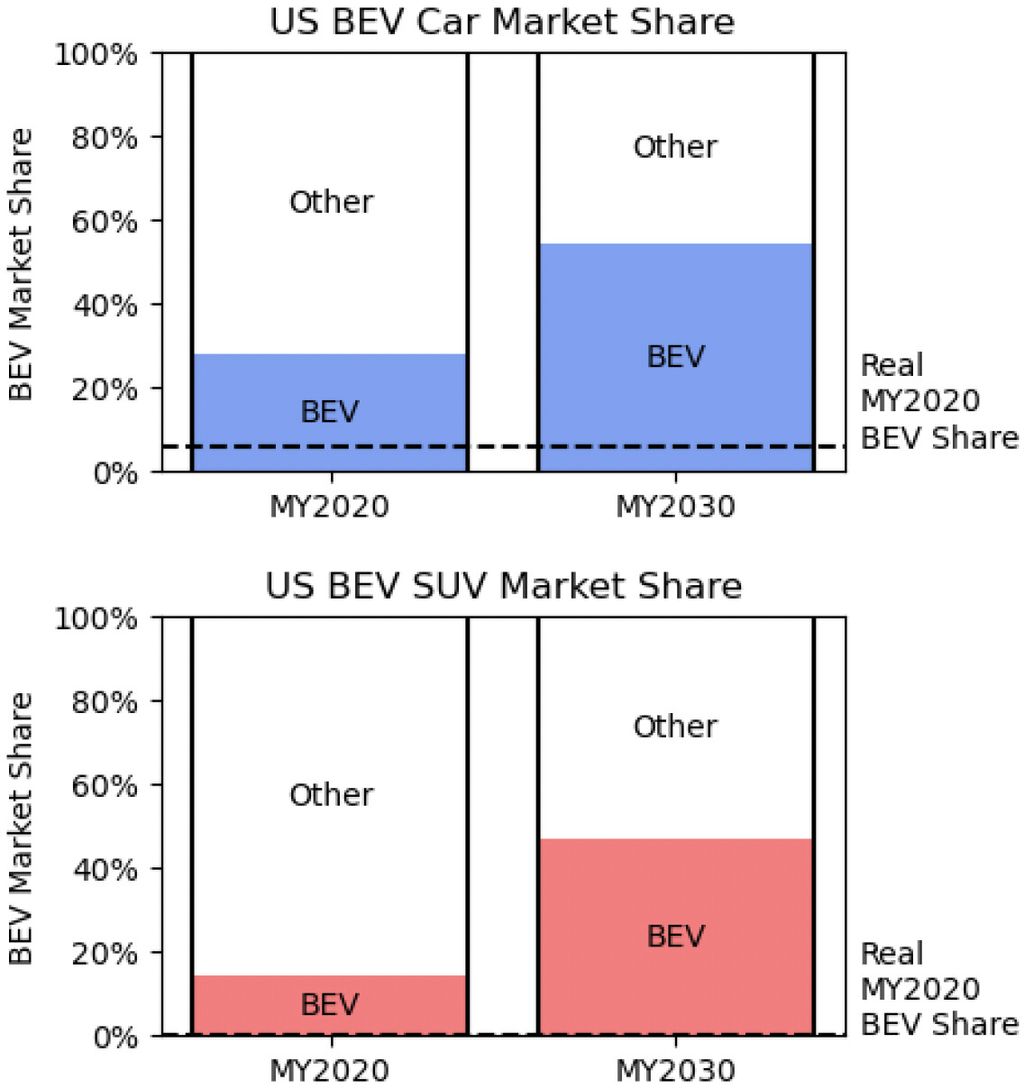
Even if incentives are reduced, the study highlights that when BEVs are offered alongside their gasoline counterparts, they stand a better chance of capturing 50 percent of the market share by 2030.
In terms of specific models, the study predicts that by 2030, consumers may prefer the Nissan Leaf over the Versa, the Mini Electric instead of the Mini Cooper hatchback, and the BMW i4 rather than the 4 Series Gran Coupe. Additionally, consumers are likely to have a balanced preference for models such as the Hyundai Kona and Kona Electric, as well as the Volvo XC40 and XC40 Recharge.
The study’s analysis of consumer choices takes into account the willingness-to-pay (WTP) estimate for cars. Currently, buyers are willing to pay a premium of $6,600 to $12,000 for BEV equivalents of gasoline vehicles, depending on the make and model. By 2030, with projected advancements in range, costs, and technology, the WTP estimate for cars could range between $5,300 and $8,000.
The study concludes that the perceived disadvantages of BEVs compared to gasoline vehicles are often compensated by the improved operating costs, acceleration, and fast-charging capabilities of BEVs, particularly those with longer ranges. This suggests a shift in consumer willingness to purchase electric vehicles in the coming years.

